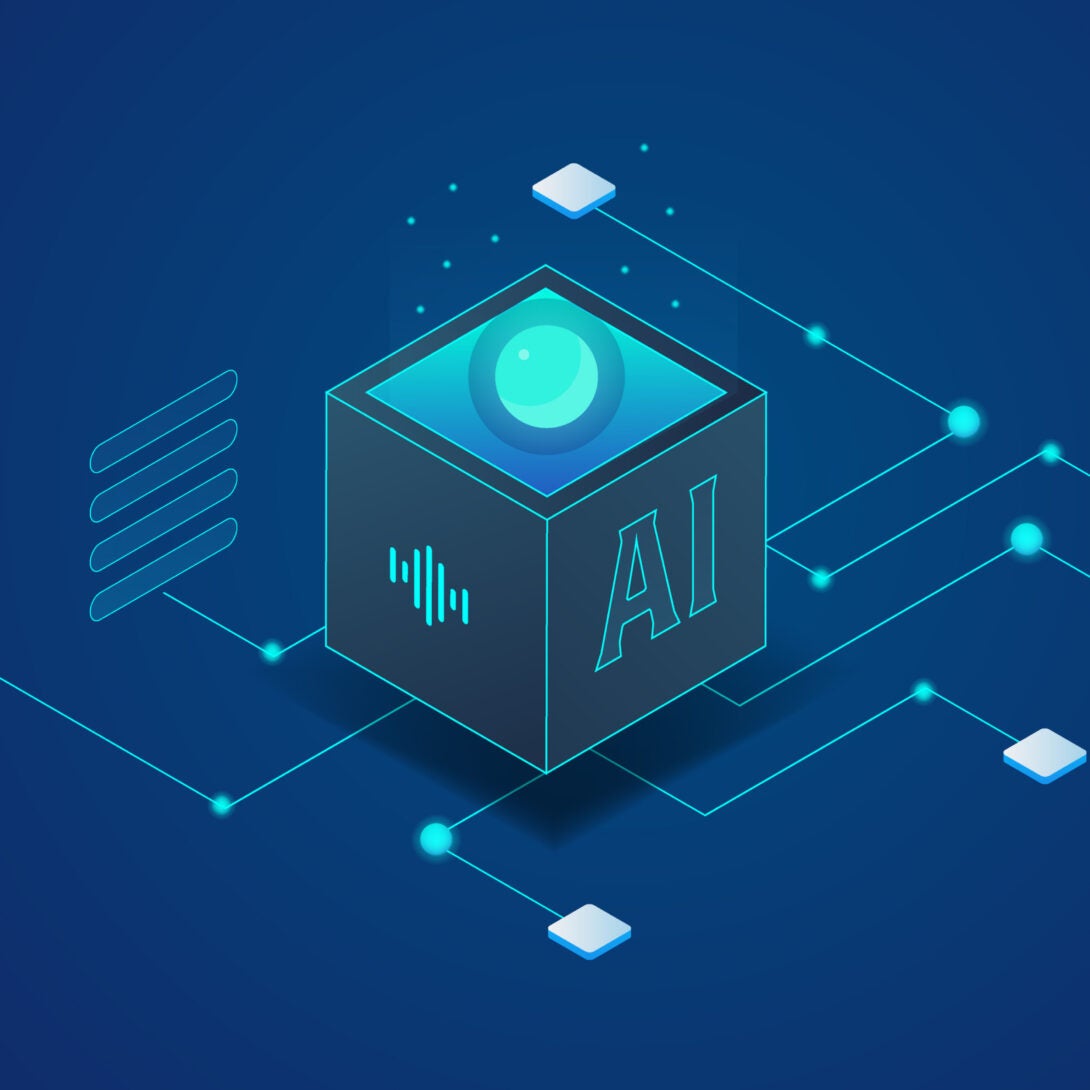Pulse of Information
Stay updated with the latest news and insights.
When AI Starts Writing Better Jokes Than You
Discover how AI is outsmarting comedians and changing the punchline game. Are you ready to compete with robot humor?
Can AI Really Write Jokes? The Science Behind Humor Generation
The question of whether AI can genuinely write jokes delves into the intricate mechanics of humor itself. At its core, humor often relies on the element of surprise, incongruity, and timing, which makes replicating it through algorithms quite challenging. Researchers have developed various models that attempt to understand and emulate these patterns. For instance, some AI systems analyze vast datasets of jokes to identify common structures, punchlines, and thematic elements. By understanding these underlying principles, AI can generate jokes that sometimes land well, leaving audiences amused, or, in other cases, simply bewildered.
However, the effectiveness of AI-generated jokes often sparks debate in the realm of comedy. While an AI can craft a joke based on learned patterns, it lacks the contextual understanding and emotional intelligence that human comedians possess. In humor generation, cultural references and personal experiences play a pivotal role that AI currently cannot replicate. Some humor resonates deeply due to shared experiences, and without this rich contextual framework, an AI's attempts may fall short. Nonetheless, as technology advances, the exploration of AI in comedy serves as a fascinating intersection of technology and human creativity, pushing the boundaries of what machines can achieve.

How AI is Revolutionizing Comedy: From Stand-Up to Screenwriting
The emergence of AI in the world of comedy is not just a passing trend; it is a transformative force that is reshaping how humor is created and delivered. From stand-up routines to screenwriting, artificial intelligence is providing comedians and writers with innovative tools to enhance their craft. Algorithms can analyze vast amounts of comedic content, identifying patterns and structures that resonate with audiences. This capability allows creators to refine their material more effectively, ensuring that jokes land with maximum impact. For instance, AI-driven platforms can suggest punchlines, timing adjustments, and even gauge audience reactions in real time during live performances.
Moreover, AI is revolutionizing the traditional approach to screenwriting by automating parts of the writing process while still allowing for human creativity. Screenwriters can now utilize AI to generate plot ideas, develop character arcs, and even draft entire scripts. This blend of technology and artistry not only streamlines the writing process but also opens up new avenues for experimentation in storytelling. As AI continues to evolve, the collaboration between human comedians and intelligent systems could lead to groundbreaking comedic formats and styles, forever changing the landscape of comedy in both live performances and visual media.
Will AI Take Over the Comedy Industry? Exploring the Future of Humor
The question of whether AI will take over the comedy industry has become increasingly relevant as advancements in technology continue to blur the lines between human creativity and machine learning. Comedy, an art form rooted in the intricate nuances of human experience, relies heavily on timing, context, and emotional resonance. However, AI has demonstrated its ability to analyze vast amounts of data and generate jokes based on patterns, prompting some to speculate about its potential to create humor that resonates with audiences. Despite its capabilities, many comedians argue that true comedy requires a deep understanding of societal issues, cultural references, and the human condition, elements that machines may struggle to fully grasp.
As we explore the future of humor, it's essential to consider the role of AI in comedy not as a replacement but as a complement to human performers. Many comedians are already using AI tools to enhance their creative processes, from brainstorming ideas to generating punchlines. Furthermore, the collaboration between humans and AI could lead to innovative comedic forms that expand the very definition of humor. In conclusion, rather than fearing an AI takeover, we should embrace the potential for technology to enrich the comedy landscape while preserving the unique voice and creativity that only humans can deliver.